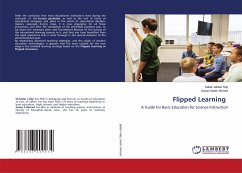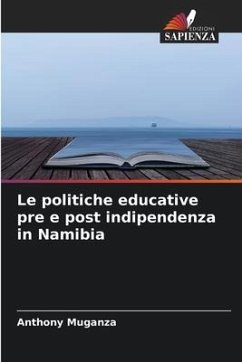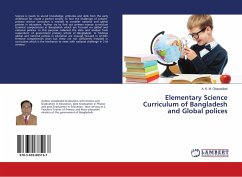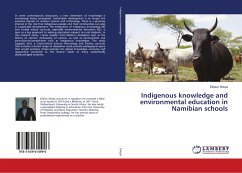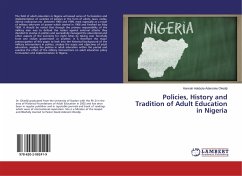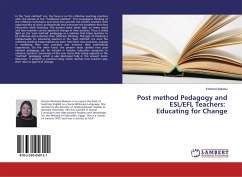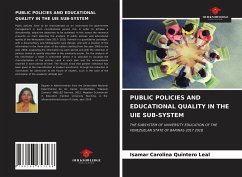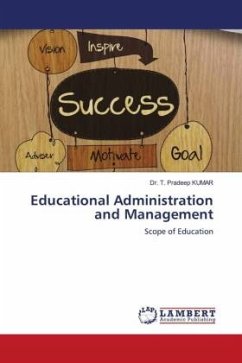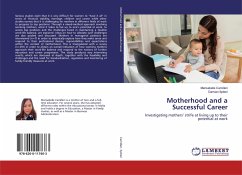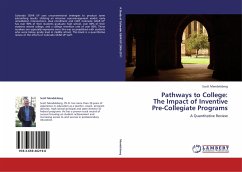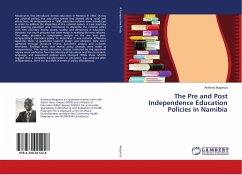
The Pre and Post Independence Education Policies in Namibia
Versandkostenfrei!
Versandfertig in 6-10 Tagen
41,99 €
inkl. MwSt.

PAYBACK Punkte
21 °P sammeln!
Missionaries first introduced formal education in Namibia in 1884. During the colonial period, the education system was divided along racial and ethnic lines. At independence in 1990, education reforms were introduced in order to address the disparities of the colonial system. A new teaching and learning paradigm was introduced to dismantle the colonial policy with new priorities: equity, access, quality, and democracy in education. However, not much progress has been made in realising the new reforms. This study provides a comparative analysis of the pre and post-independence education policy...
Missionaries first introduced formal education in Namibia in 1884. During the colonial period, the education system was divided along racial and ethnic lines. At independence in 1990, education reforms were introduced in order to address the disparities of the colonial system. A new teaching and learning paradigm was introduced to dismantle the colonial policy with new priorities: equity, access, quality, and democracy in education. However, not much progress has been made in realising the new reforms. This study provides a comparative analysis of the pre and post-independence education policy to determine if any material difference separates them. A qualitative research design was adopted. Data were gathered through literature review, document analysis and in-depth interviews. Findings show that several policy changes were made at independence. The various education entities instituted by the apartheid regime were unified to form the Ministry of Education and the curriculum, language, and assessment policies were changed. While these reforms suggest that a complete transformation in education was achieved after independence, there are shortfalls in terms of policy effectiveness.



